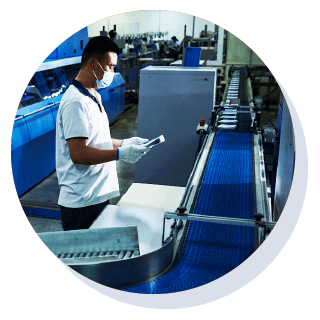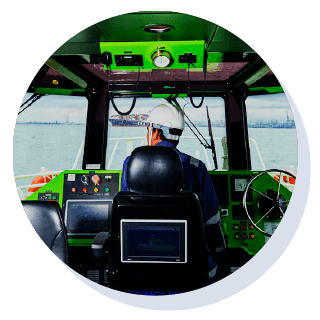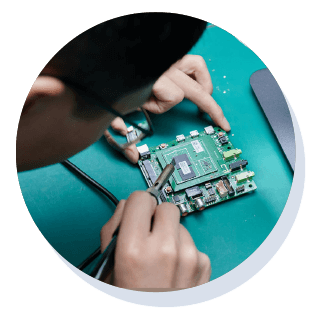ENERGISING ENTERPRISES
FINDING THE RIGHT RECIPE FOR
SUCCESS
Dian Xiao Er has doubled down on
automation to feed its expansion plans.
This homegrown restaurant chain has embarked on an ambitious journey to automate how it prepares its signature roast duck with Chinese herbs. The move has not only helped the company emerge stronger from the COVID-19 pandemic, but also positioned it for future prosperity.

SCROLL
This willingness to evolve despite adversity is a key component of its continued success, says founder Samuel Yik (pictured), who started Dian Xiao Er in 2002 with an outlet in Chinatown. By tapping on technology, his company has gained an edge even as manpower and food costs rise.
Stoking the business after crisis
COVID-19 restrictions hurt the restaurant chain, but Dian Xiao Er has since bounced back.

SCROLL
Like most food and beverage businesses in Singapore, the company was hurt by the pandemic restrictions in
2020. In response, the duck restaurant chain ramped up its delivery offerings and social media presence, and
introduced a membership programme.
These efforts have paid off.
Despite suffering a 50 per cent drop in business during the height of the
pandemic, Dian Xiao Er avoided retrenching any of its staff. With an eye on a post‑COVID-19 future, it also
accelerated plans to set up a central kitchen as part of a broader plan to automate its operations.
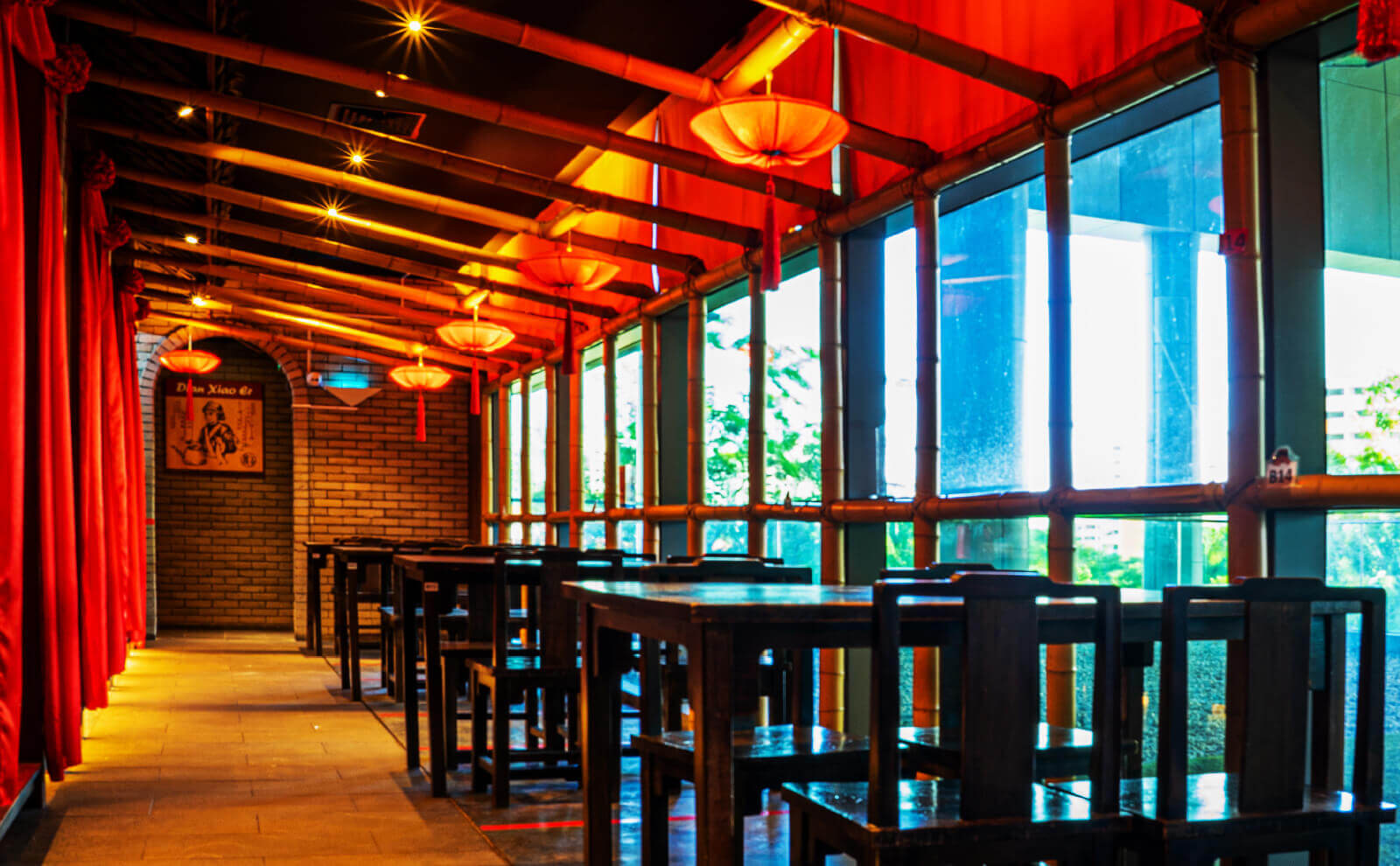
The firm has since rebounded strongly, with business
recovering to pre-pandemic levels. It has even opened three more outlets over the past year, bringing its total to 16.
Yet, while the worst might be over, Dian Xiao Er continues to face challenges on multiple fronts, including a manpower
crunch, rising costs and a volatile operating environment. “There is a lot of uncertainty in the global economy.
So that makes us more cautious about pursuing growth,” says Mr Yik.
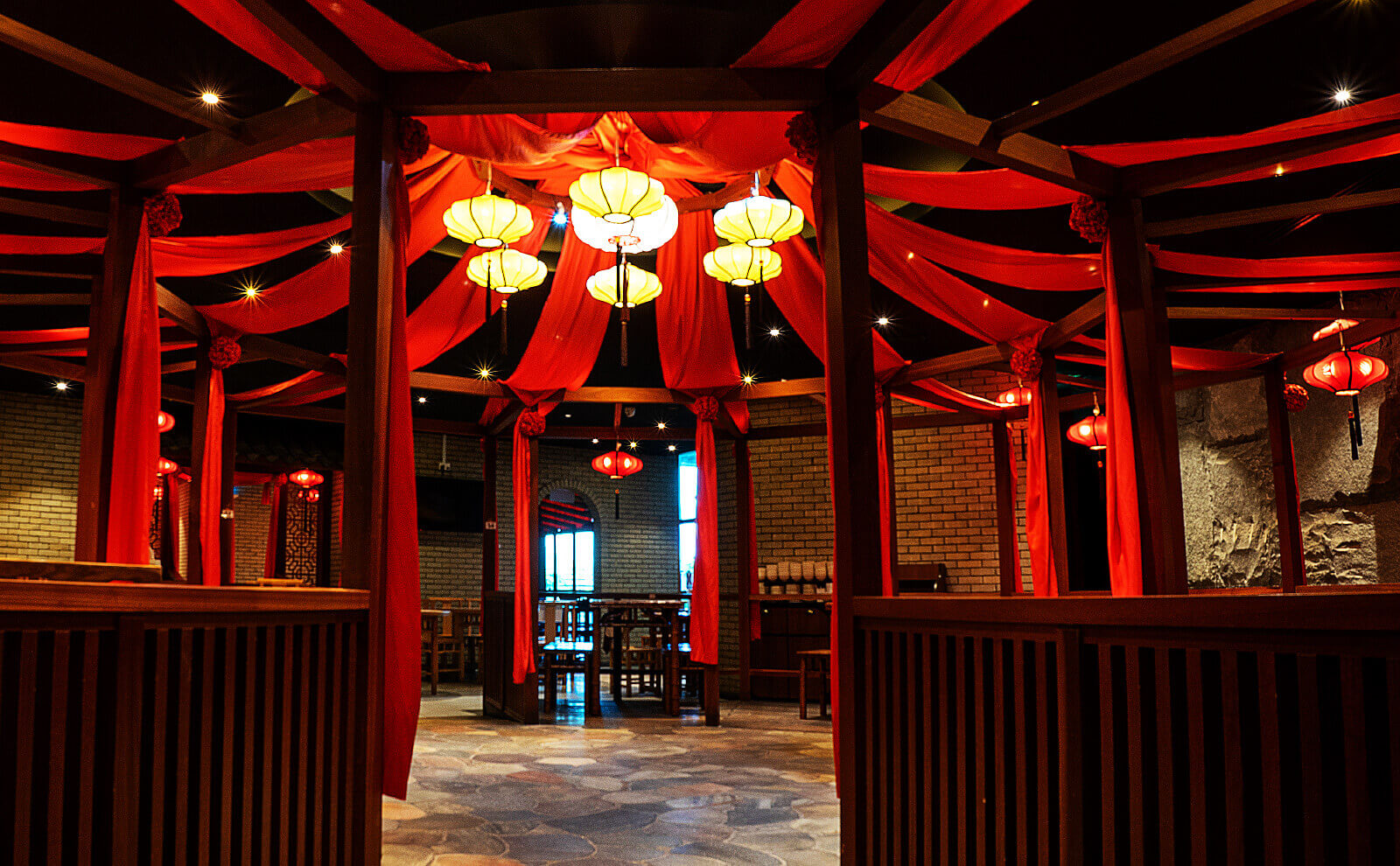
for Singapore
 Local businesses
Local businesses
account for
almost
70% of jobs
in the country.
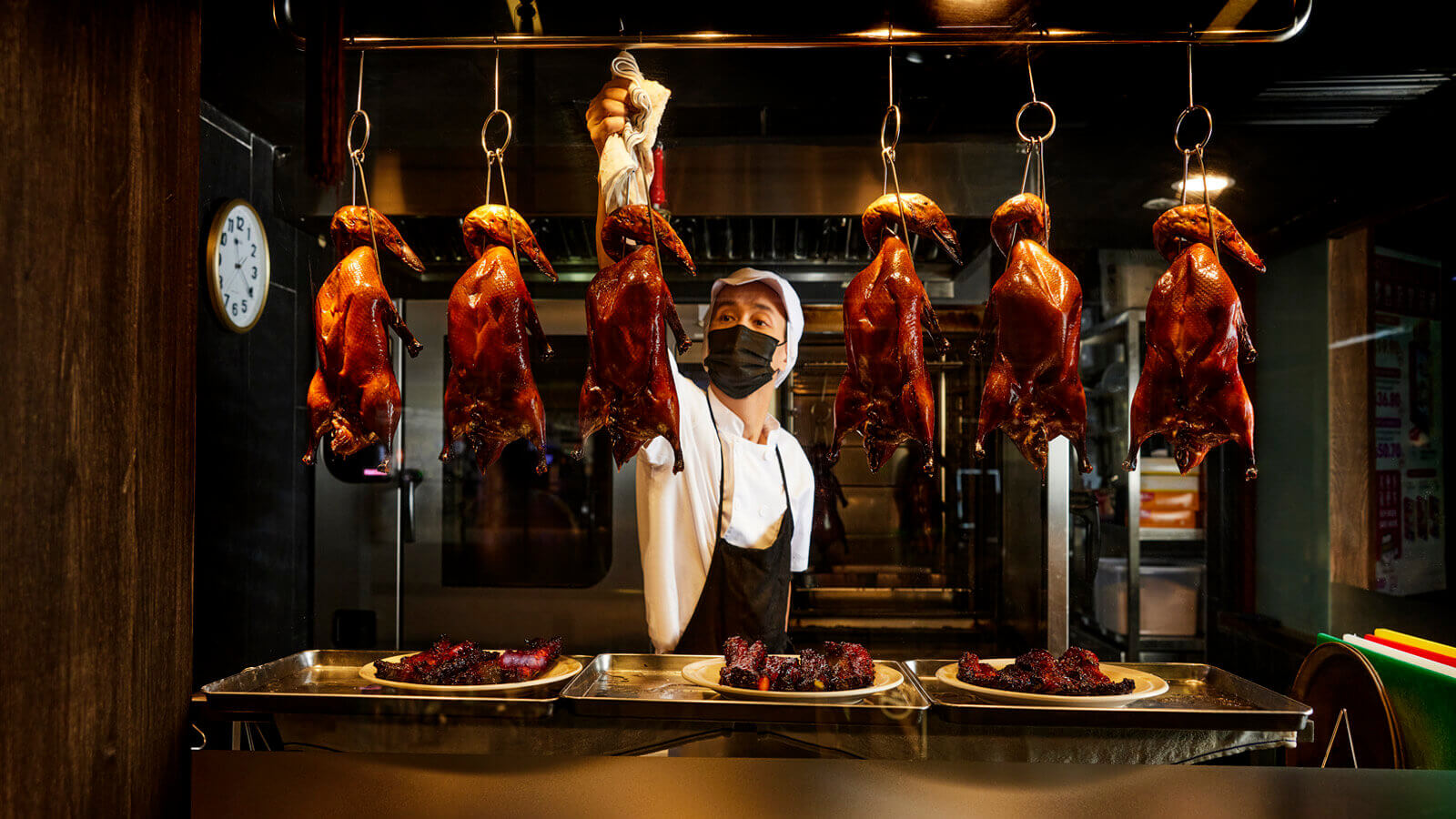
for Singapore
 The growth efforts of
The growth efforts of
22,000+
enterprises were supported in 2021, resulting in an estimated S$17.9 billion
in value-add and 23,300 skilled jobs over the next few years.

for Singapore
 In 2021, the food services
industry contributed
In 2021, the food services
industry contributed
S$4 billion
to the economy and employed about 220,300 workers.


Companies need to be bold and innovative in exploring new concepts and business formats. We will support companies in their journey to leverage technology and seize new opportunities.
- Angeline Chan
Director of Food Services, Enterprise Singapore

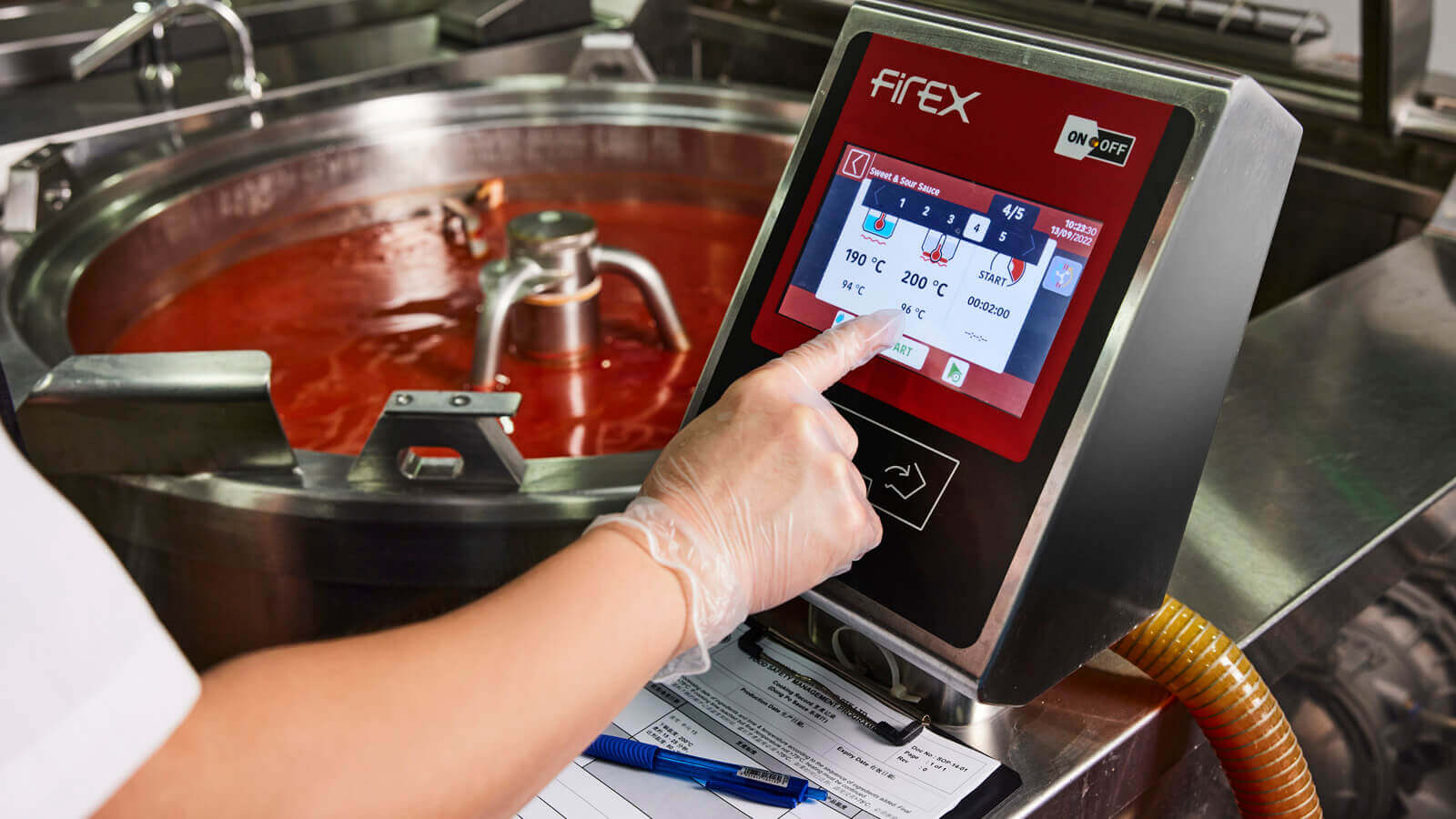
Technology as the secret ingredient
The company is now focused on digitalising operations to reduce costs and its reliance on manual processes.

SCROLL
One highlight of this plan is Dian Xiao Er’s central kitchen in Tai Seng that features a first-of-its-kind automated
duck conveyor system. This solution is designed to lessen the burden of preparing its ducks at individual outlets,
as well as enhance the consistency of its dishes.
The results so far have been impressive.
Mr Yik estimates that the automated system has helped to halve the time needed
to prepare its ducks. Fewer workers are also required to operate the system, freeing staff up to take on other roles.
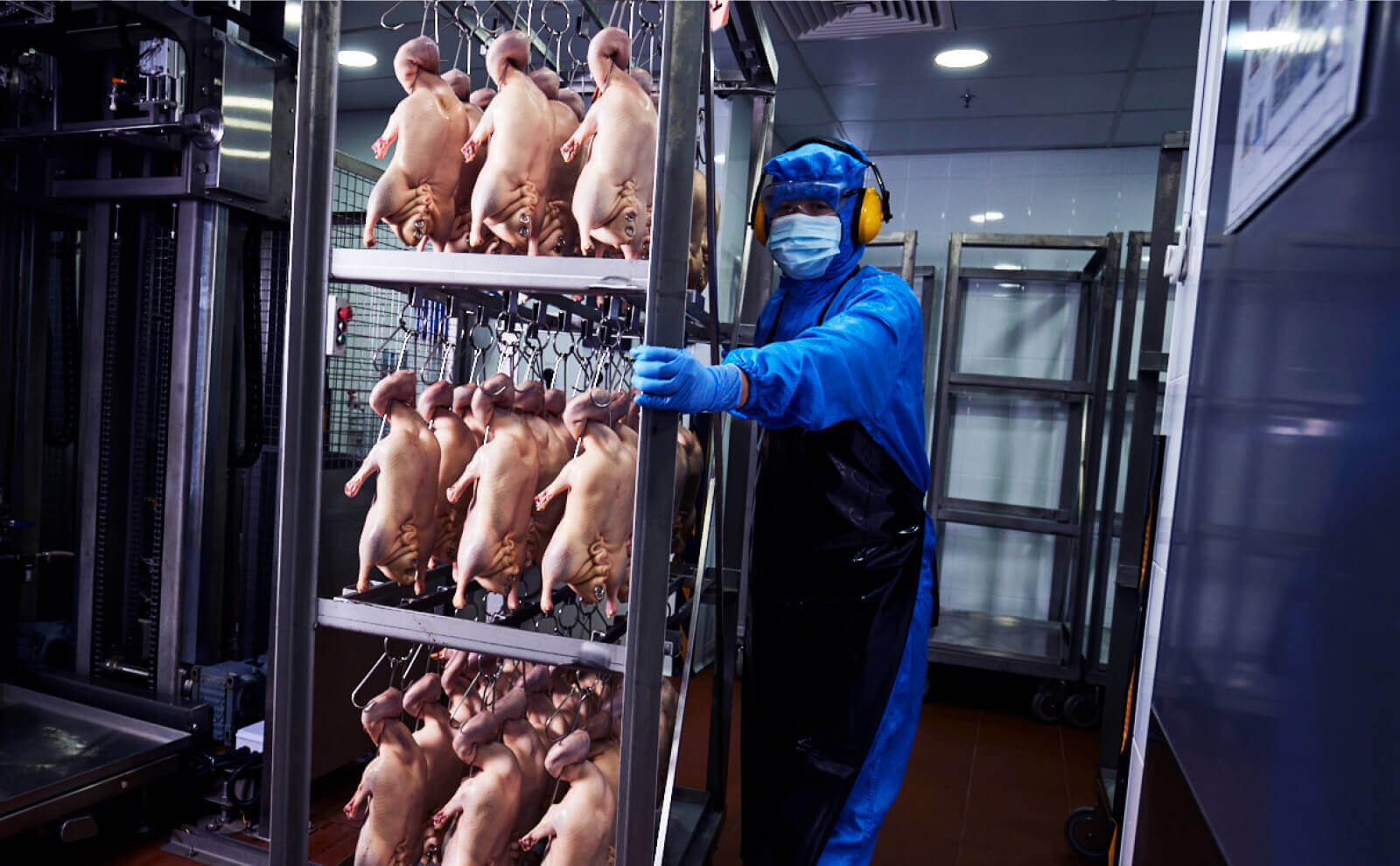
Beyond improving efficiency, the central kitchen is also being used to research and develop new sauces and products.
Dian Xiao Er tapped on Enterprise Singapore’s
Enterprise Development Grant
to help offset the cost of automating the central kitchen and reskilling its workers to operate the equipment.
Says Mr Yik: “It is easier to make an investment decision when you know that you have some of the funding in place.”
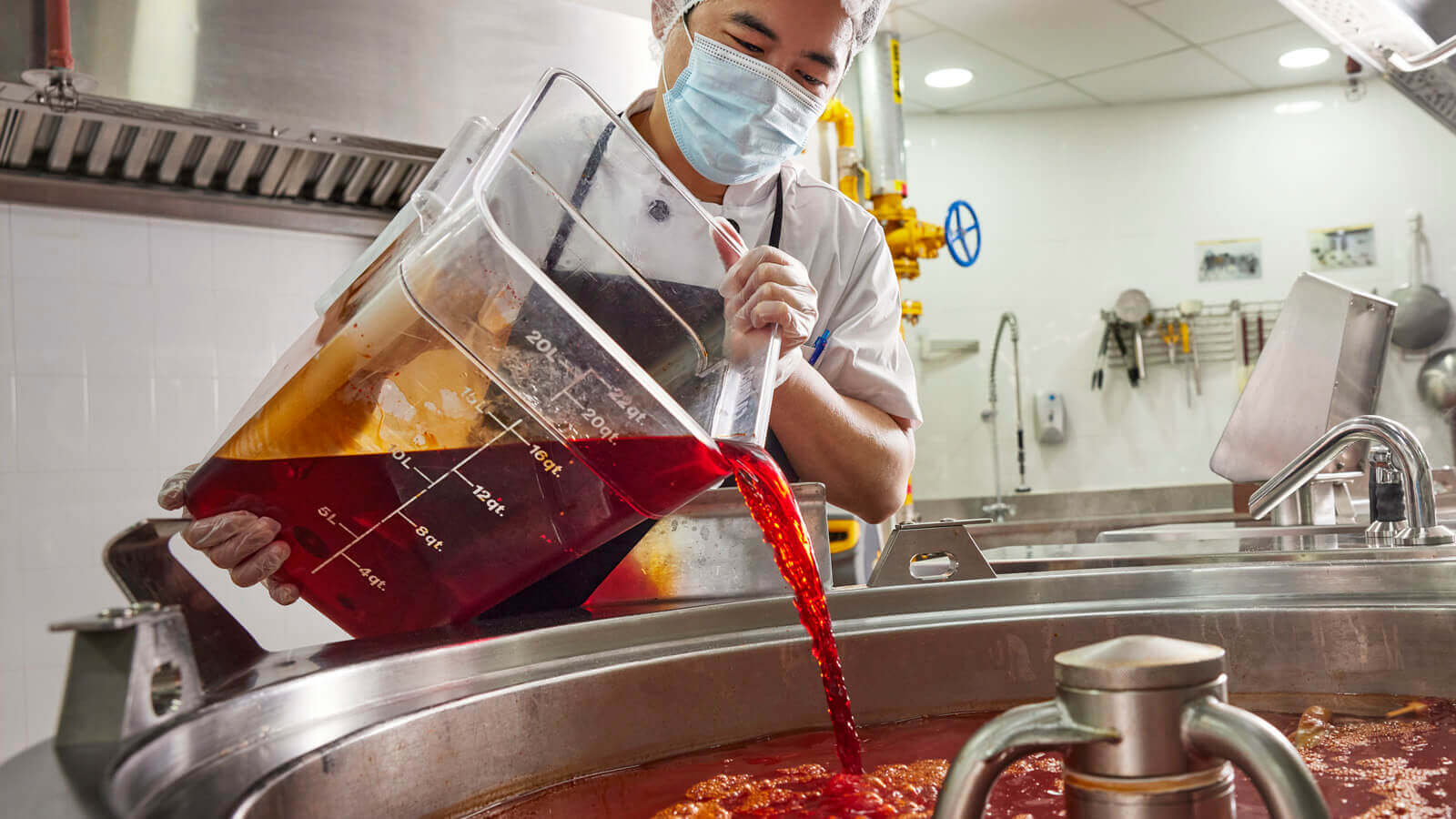
THRIVING FOR THE ROAD AHEAD
Enterprise Singapore’s Enterprise Development Grant supports projects that help companies like Dian Xiao Er grow in three ways:
Core capabilities
- Help businesses prepare for growth and transformation.
- Strengthen business fundamentals and go beyond basic functions like sales and accounting.
Market access
- Support Singapore companies willing and ready to venture overseas. For example, to help defray some costs of expanding abroad.
Innovation and productivity
Support companies that:
- explore new areas of growth,
- look for ways to enhance efficiency or
- optimise the use of resources to improve sustainability performance.
For example, redesigning workflow processes or tapping on automation to make routine tasks more efficient.
A taste of the future
With the automated central kitchen in full swing, Mr Yik and his team are now working to digitalise the rest of Dian Xiao Er’s operations.

SCROLL
These digitalisation efforts run from the company’s back-end functions, such as human resources, to its
customer-facing platforms. One project involves the creation of a “super app” that will enable customers
to queue, tip or share feedback virtually.
The company is also exploring new business models – such as selling frozen sauces via third-party
e-commerce platforms – and has engaged a branding and strategy consultant. According to Mr Yik, it will
take around one-and-a-half years for these transformation plans to come to fruition.
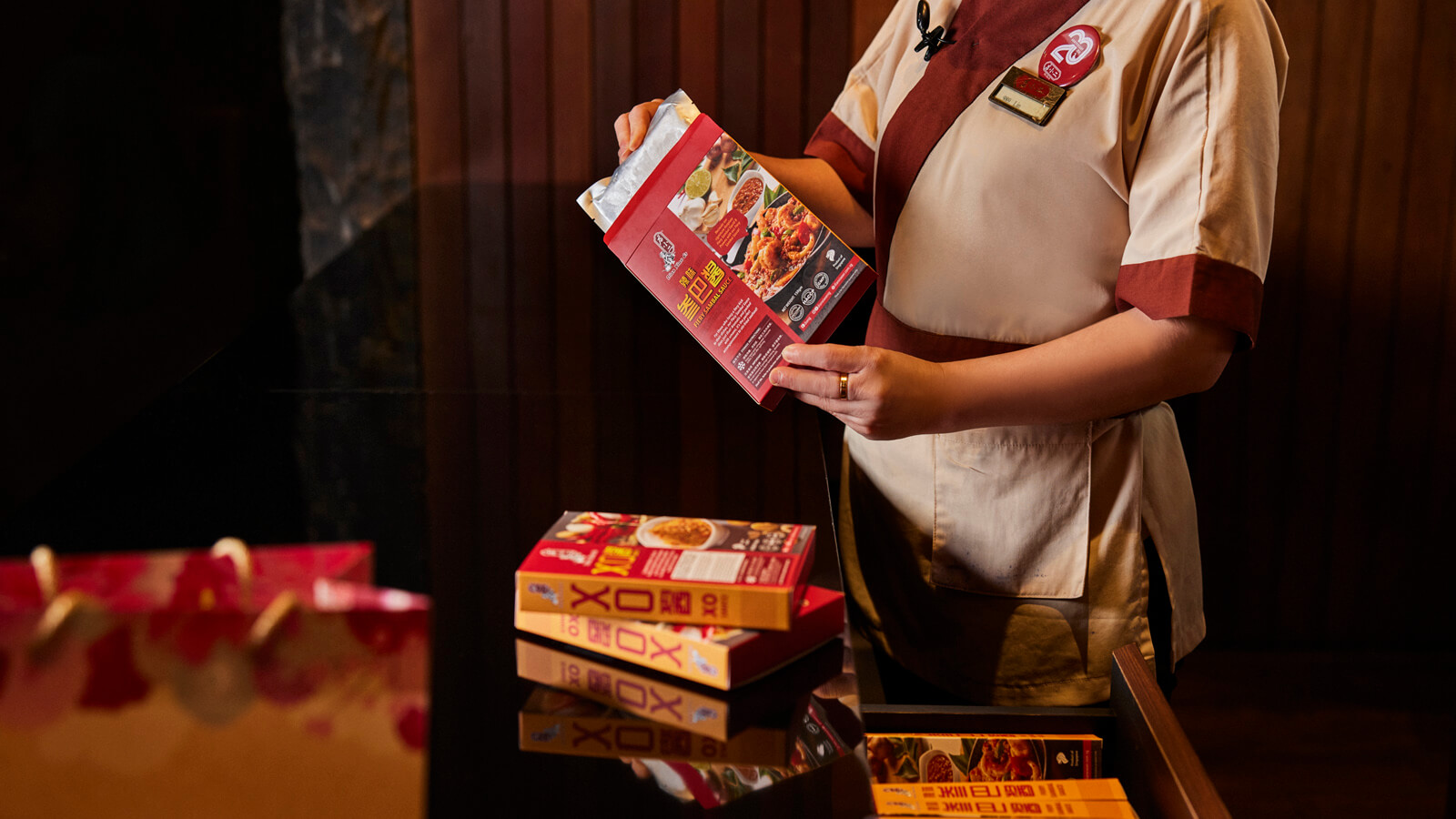
Once completed, Dian Xiao Er will be well-positioned to pursue its expansion plans, which include venturing into overseas markets. He says: “We have received many inquiries from abroad about licensing our brand. So we are preparing for regional expansion. But we must first improve our own operations by increasing productivity and our bottom line. Digitalisation will help us do this.”
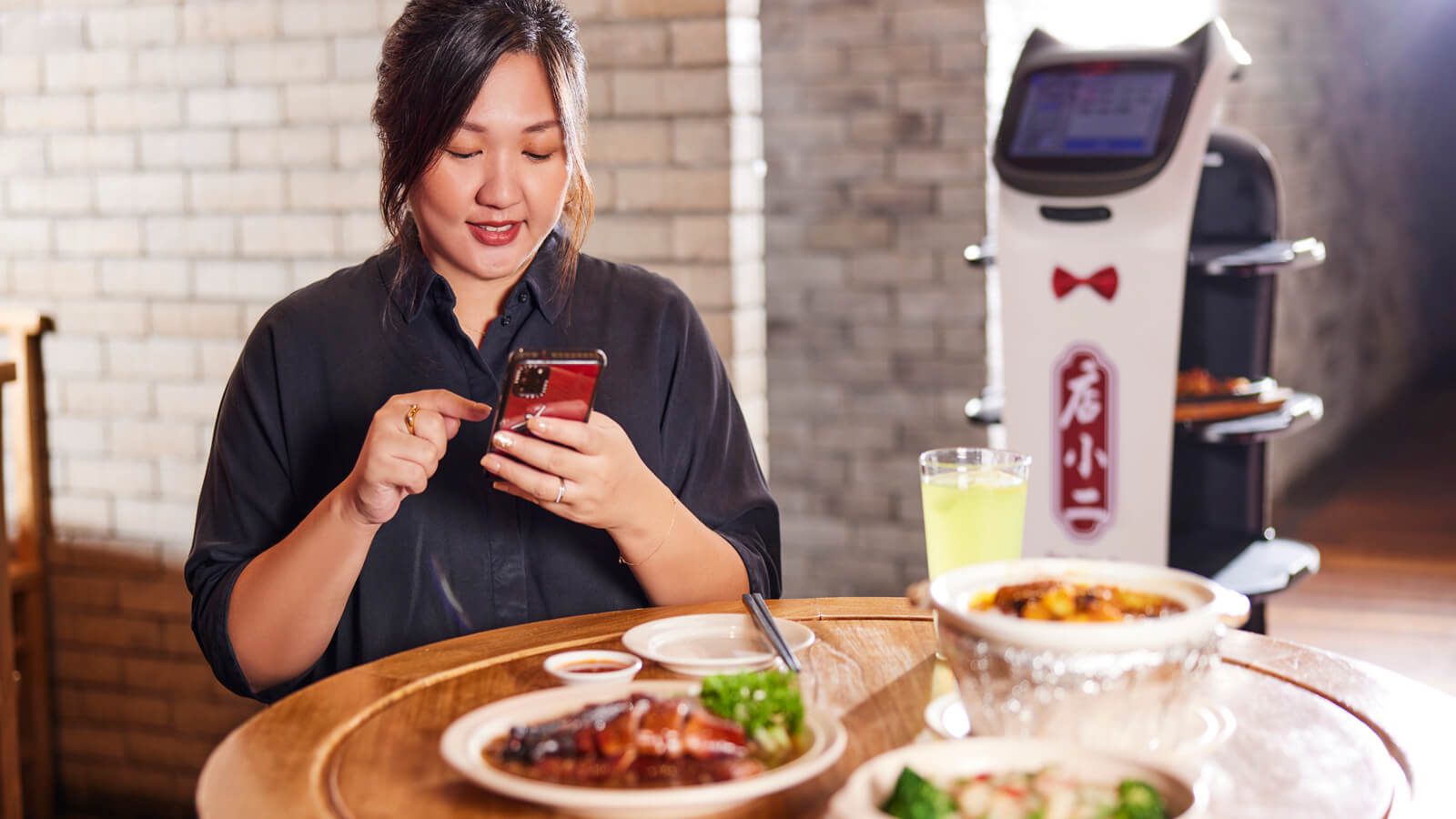

An additional
S$200 million
will be set aside to build the digital capabilities of Singapore firms through the expansion of the
Advanced Digital Solutions
and Grow Digital schemes.
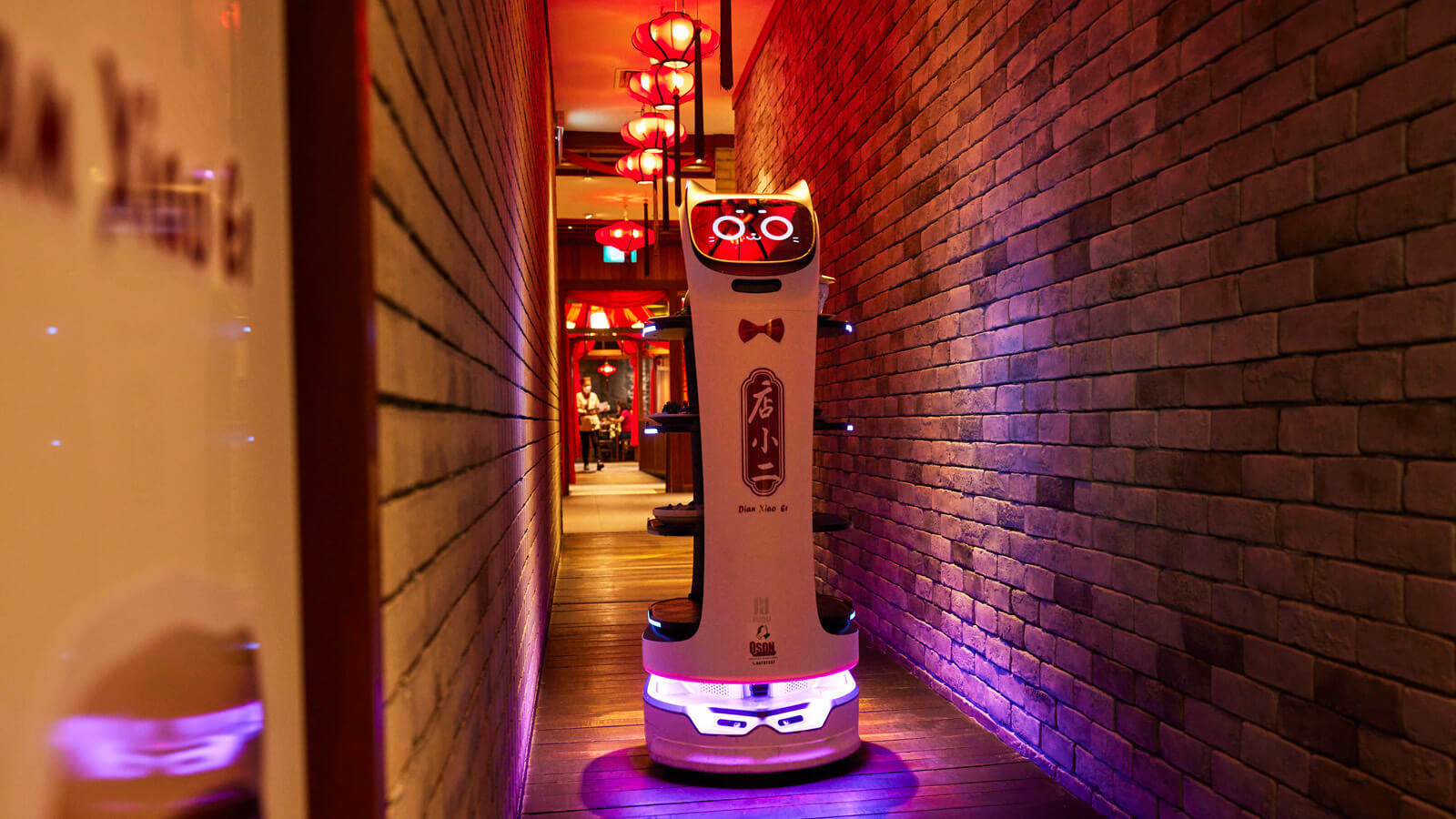
Take away more
opportunities to
transform your
enterprise in
F&B and other
industries.
More Stories
FINDING THE RIGHT RECIPE FOR
SUCCESS
Dian Xiao Er has doubled down on
automation to feed its expansion plans.
This willingness to evolve despite adversity is a key component of its continued success, says founder Samuel Yik (pictured), who started Dian Xiao Er in 2002 with an outlet in Chinatown. By tapping on technology, his company has gained an edge even as manpower and food costs rise.
Stoking the business after crisis
COVID-19 restrictions hurt the restaurant chain, but Dian Xiao Er has since bounced back.

SCROLL
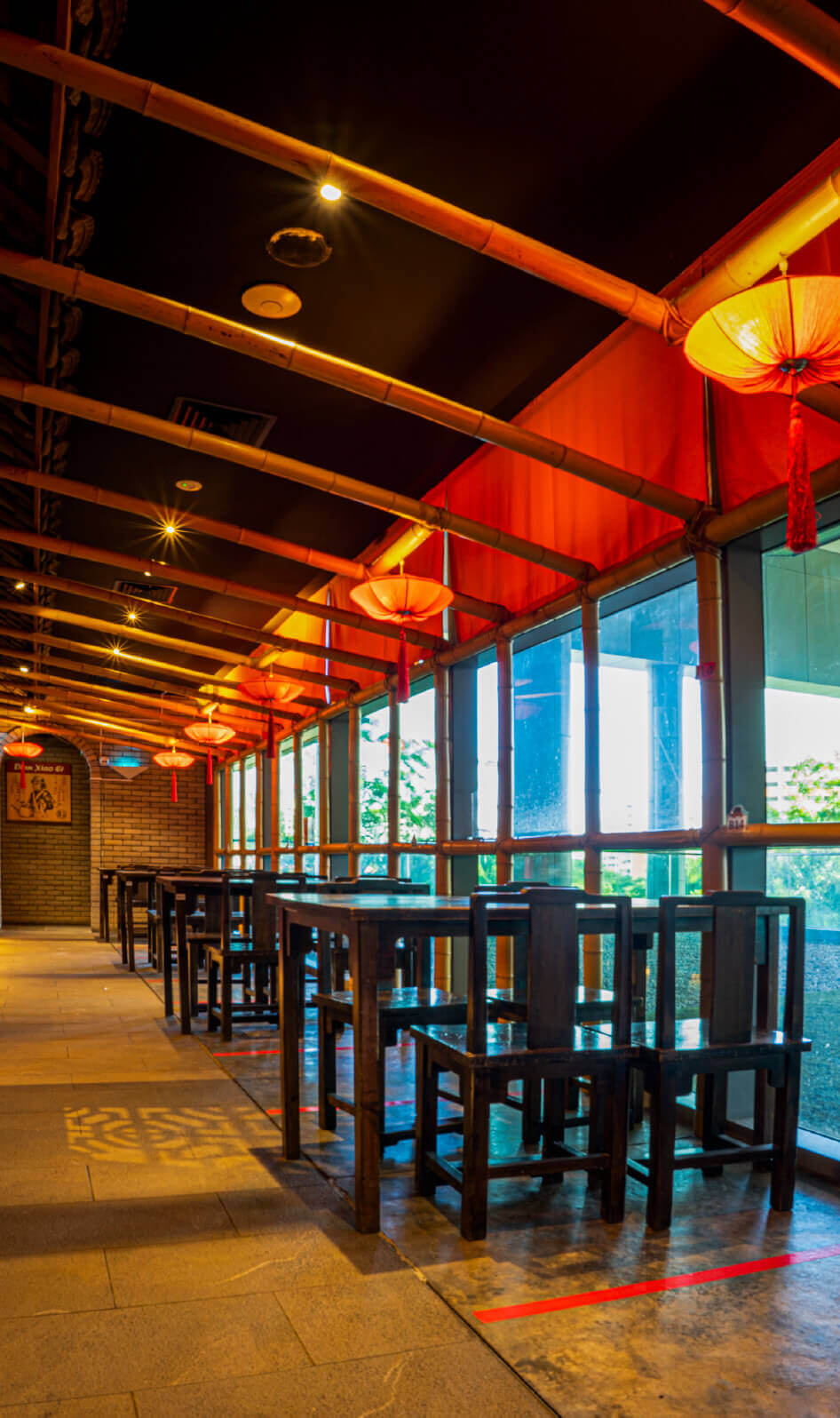

Like most food and beverage businesses in Singapore, the company was hurt by the pandemic restrictions in 2020. In response, the duck restaurant chain ramped up its delivery offerings and social media presence, and introduced a membership programme.
These efforts have paid off.
Despite suffering a 50 per cent drop in business during the height of the pandemic, Dian Xiao Er avoided retrenching any of its staff. With an eye on a post‑COVID-19 future, it also accelerated plans to set up a central kitchen as part of a broader plan to automate its operations.

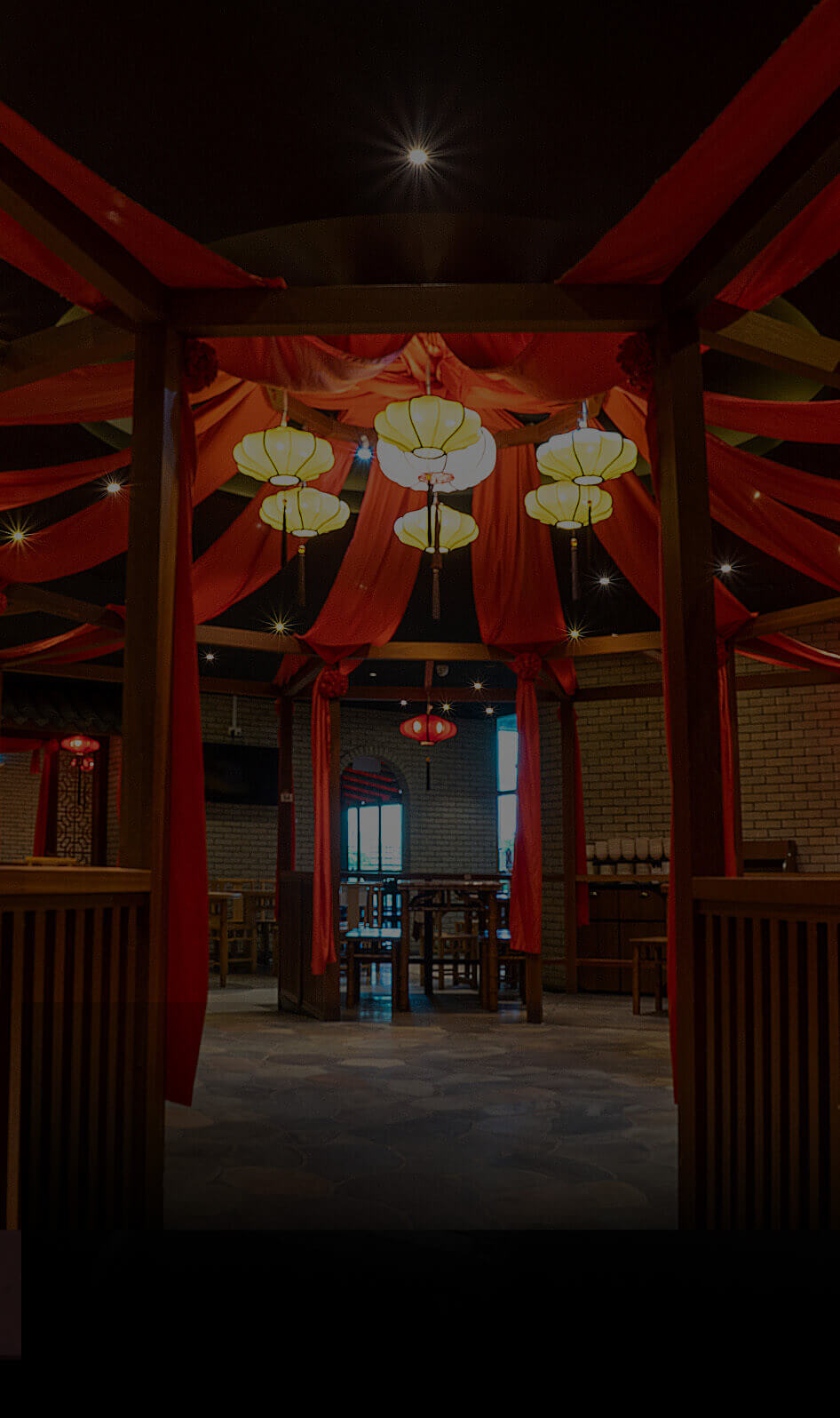
The firm has since rebounded strongly, with business recovering to pre-pandemic levels. It has even opened three more outlets over the past year, bringing its total to 16.
Yet, while the worst might be over, Dian Xiao Er continues to face challenges on multiple fronts, including a manpower crunch, rising costs and a volatile operating environment. “There is a lot of uncertainty in the global economy. So that makes us more cautious about pursuing growth,” says Mr Yik.

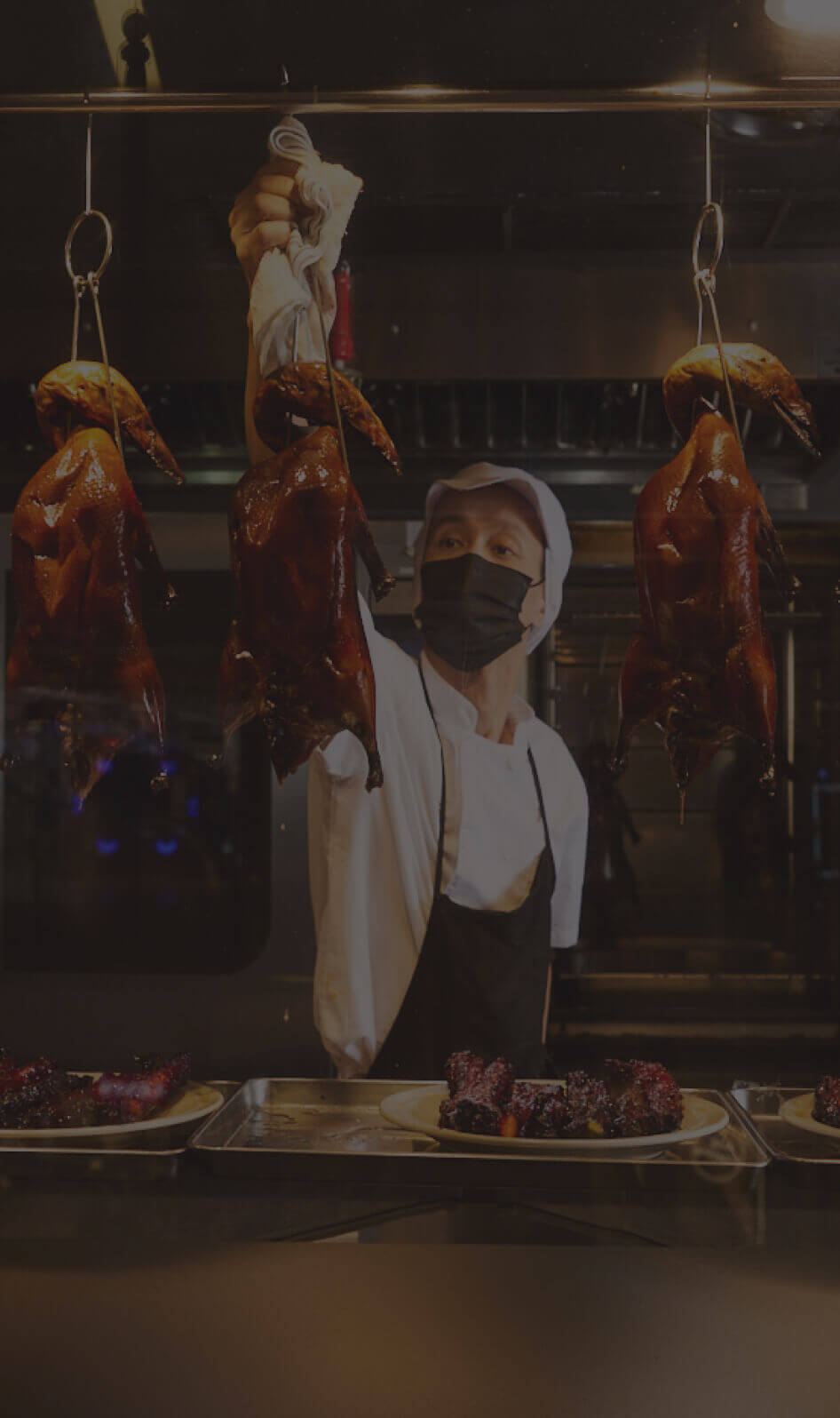
for Singapore
 Local businesses
Local businesses
account for
almost
70% of jobs
in the country.

for Singapore
 The growth efforts of
The growth efforts of
22,000+
enterprises were supported in 2021, resulting in an estimated S$17.9 billion
in value-add and 23,300 skilled jobs over the next few years.

for Singapore
 In 2021, the food services
industry contributed
In 2021, the food services
industry contributed
S$4 billion
to the economy and employed about 220,300 workers.
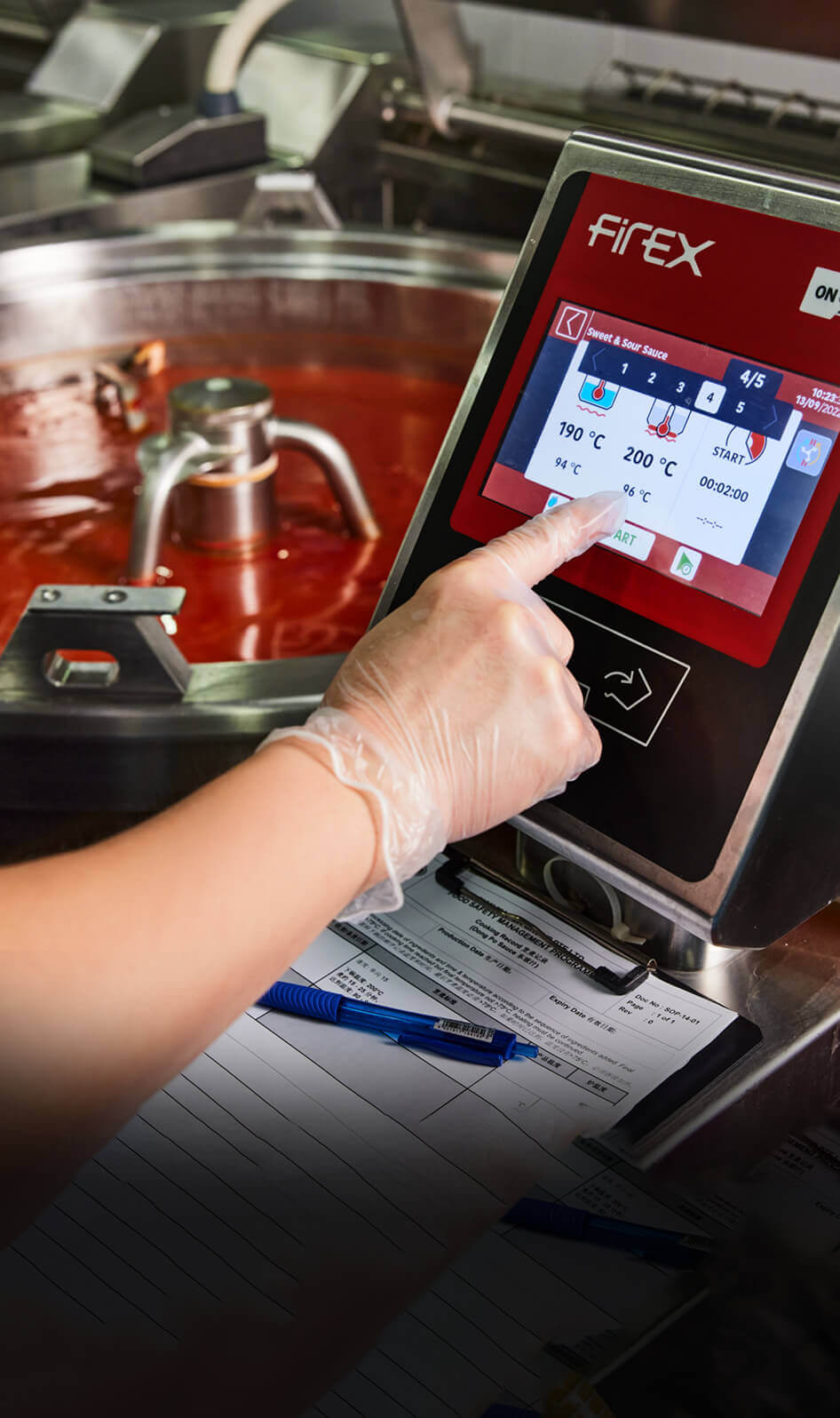
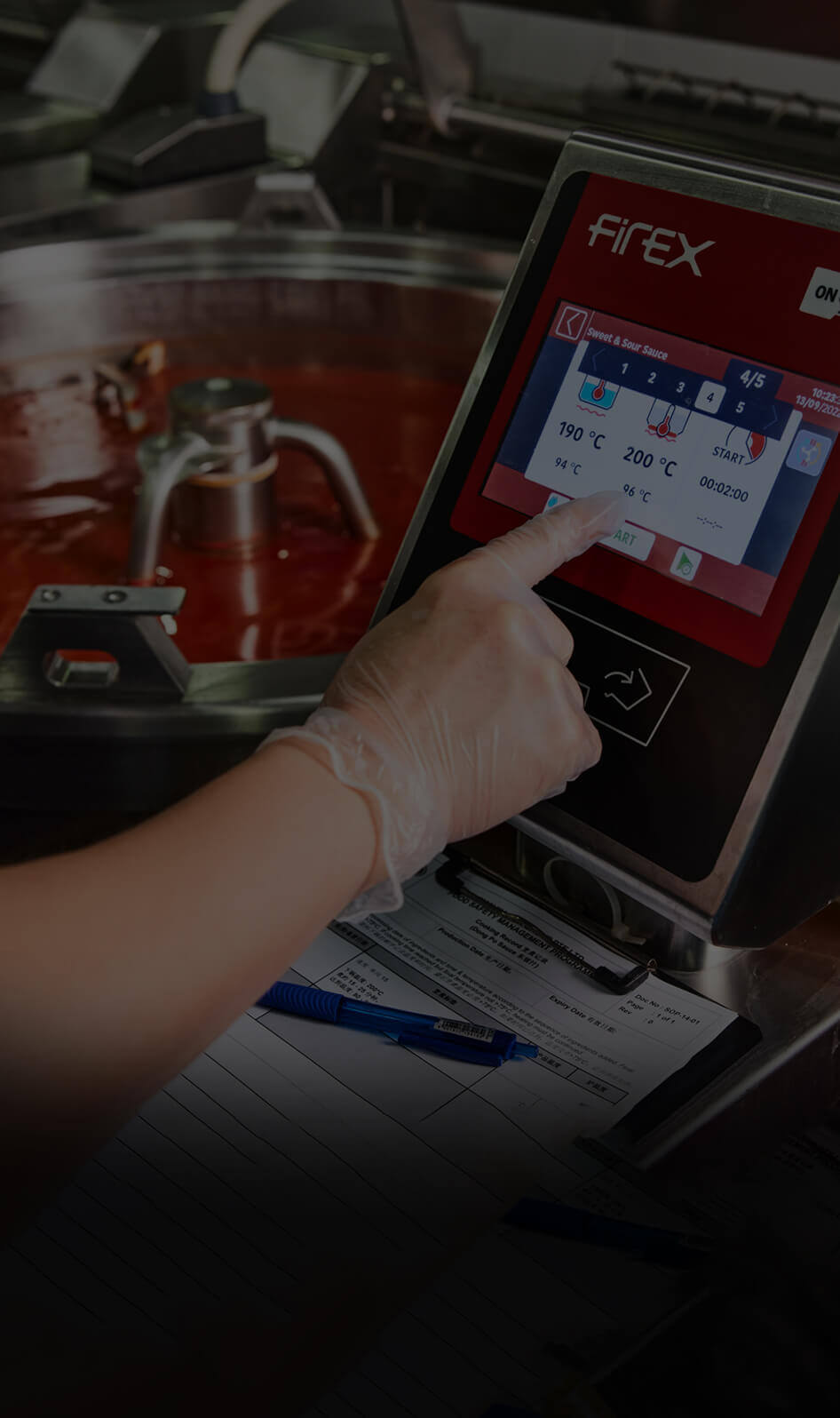

Companies need to be bold and innovative in exploring new concepts and business formats. We will support companies in their journey to leverage technology and seize new opportunities.
- Angeline Chan
Director of Food Services, Enterprise Singapore

Technology as the secret ingredient
The company is now focused on digitalising operations to reduce costs and its reliance on manual processes.

SCROLL

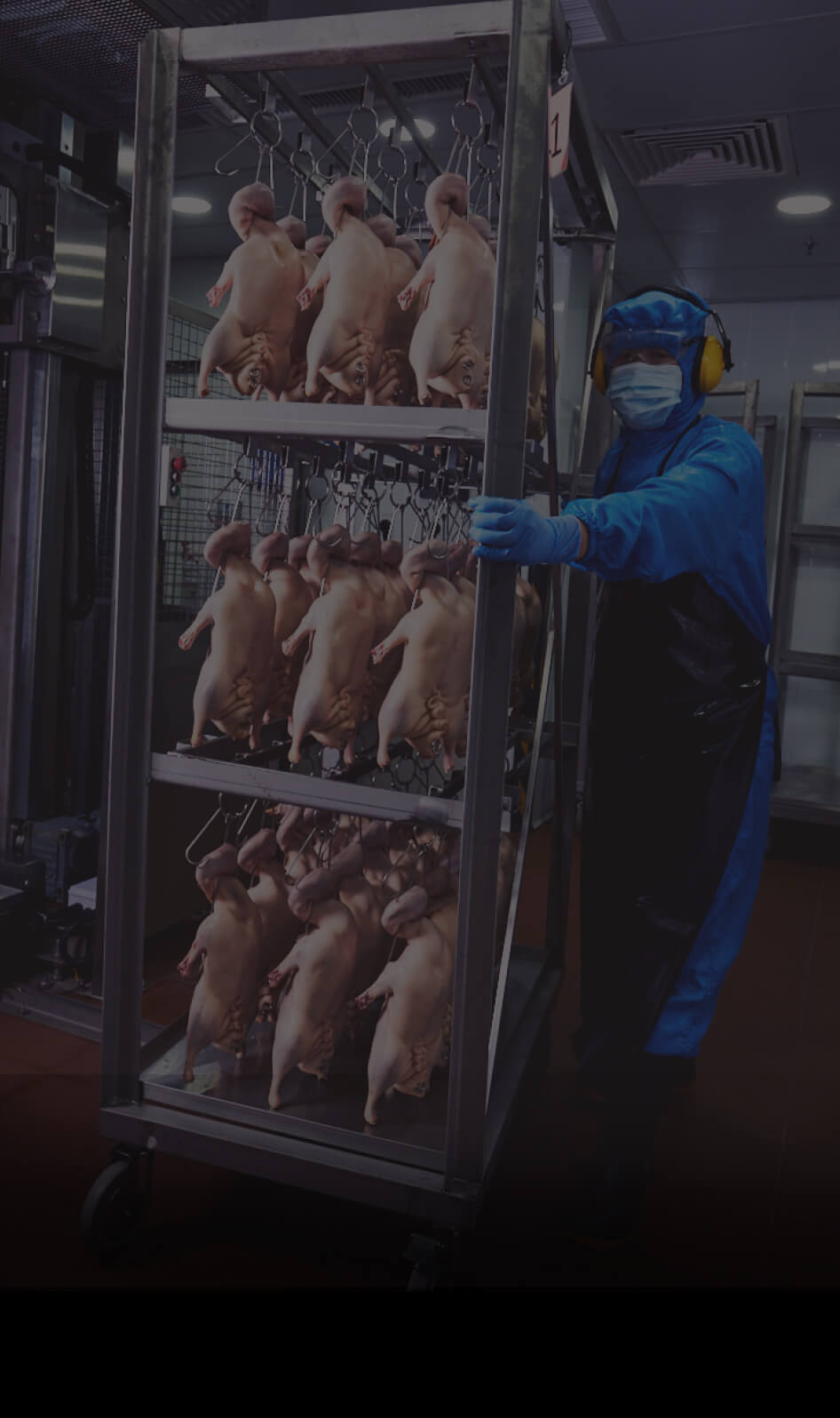
One highlight of this plan is Dian Xiao Er’s central kitchen in Tai Seng that features a first-of-its-kind automated duck conveyor system. This solution is designed to lessen the burden of preparing its ducks at individual outlets, as well as enhance the consistency of its dishes.
The results so far have been impressive. Mr Yik estimates that the automated system has helped to halve the time needed to prepare its ducks. Fewer workers are also required to operate the system, freeing staff up to take on other roles.

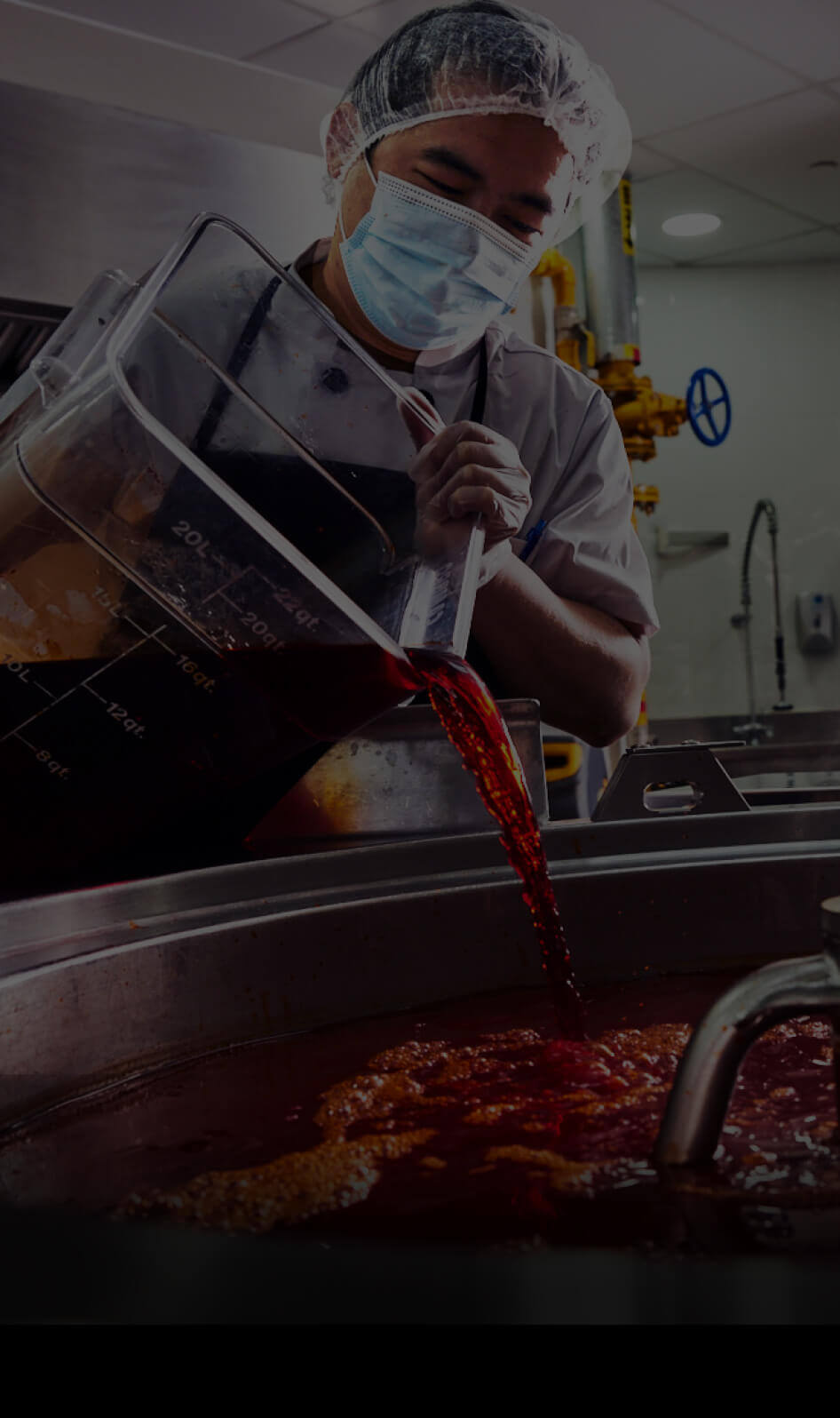
Beyond improving efficiency, the central kitchen is also being used to research and develop new sauces and products.
Dian Xiao Er tapped on Enterprise Singapore’s Enterprise Development Grant to help offset the cost of automating the central kitchen and reskilling its workers to operate the equipment. Says Mr Yik: “It is easier to make an investment decision when you know that you have some of the funding in place.”
THRIVING FOR THE ROAD AHEAD
Enterprise Singapore’s Enterprise Development Grant supports projects that help companies like Dian Xiao Er grow in three ways:
Core capabilities
- Help businesses prepare for growth and transformation.
- Strengthen business fundamentals and go beyond basic functions like sales and accounting.
Market access
- Support Singapore companies willing and ready to venture overseas. For example, to help defray some costs of expanding abroad.
THRIVING FOR THE ROAD AHEAD
Enterprise Singapore’s Enterprise Development Grant supports projects that help companies like Dian Xiao Er grow in three ways:
Innovation and productivity
Support companies that:
- explore new areas of growth,
- look for ways to enhance efficiency or
- optimise the use of resources to improve sustainability performance.
For example, redesigning workflow processes or tapping on automation to make routine tasks more efficient.
A taste of the future
With the automated central kitchen in full swing, Mr Yik and his team are now working to digitalise the rest of Dian Xiao Er’s operations.

SCROLL

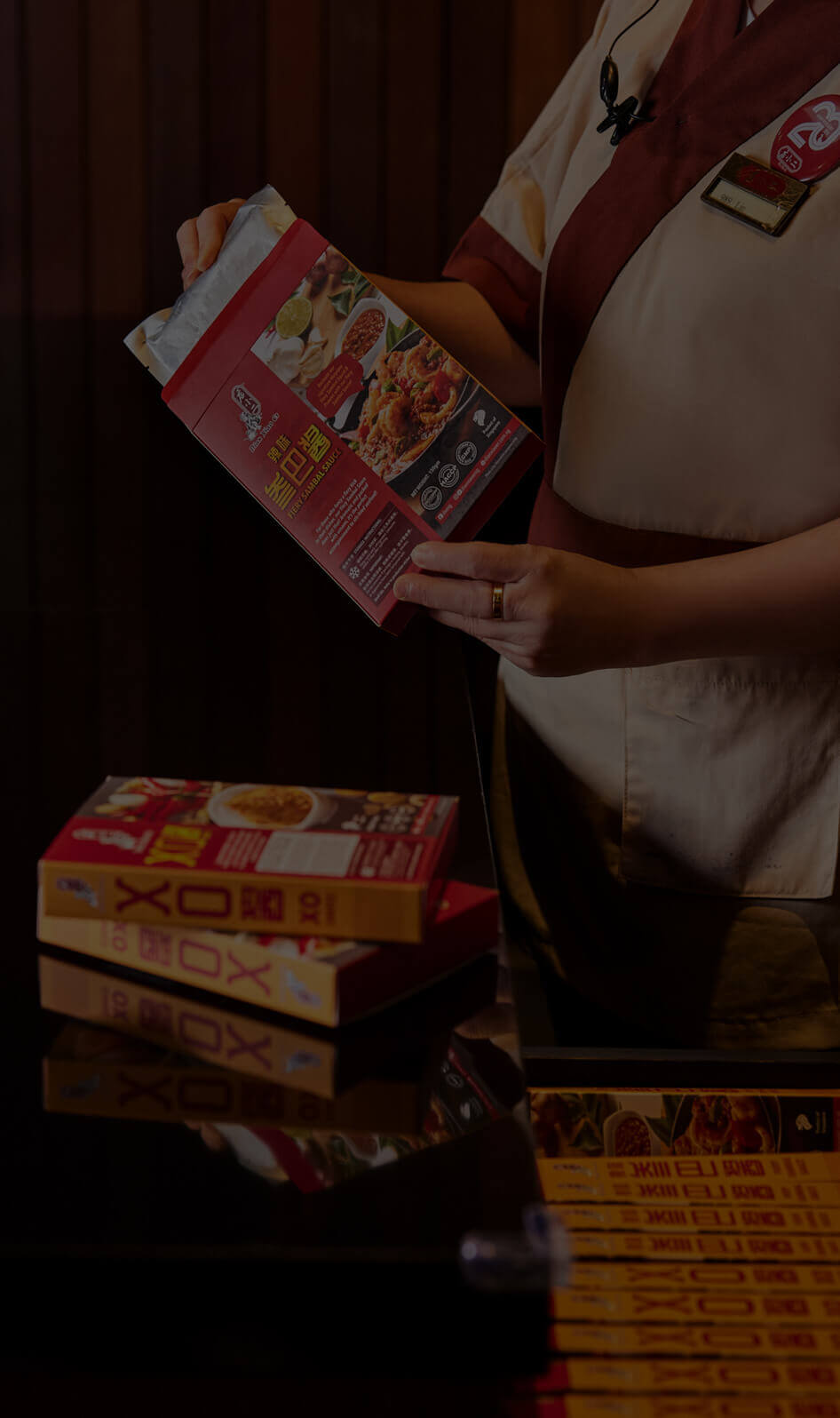
These digitalisation efforts run from the company’s back-end functions, such as human resources, to its customer-facing platforms. One project involves the creation of a “super app” that will enable customers to queue, tip or share feedback virtually.
The company is also exploring new business models – such as selling frozen sauces via third-party e-commerce platforms – and has engaged a branding and strategy consultant. According to Mr Yik, it will take around one-and-a-half years for these transformation plans to come to fruition.


Once completed, Dian Xiao Er will be well-positioned to pursue its expansion plans, which include venturing into overseas markets. He says: “We have received many inquiries from abroad about licensing our brand. So we are preparing for regional expansion. But we must first improve our own operations by increasing productivity and our bottom line. Digitalisation will help us do this.”

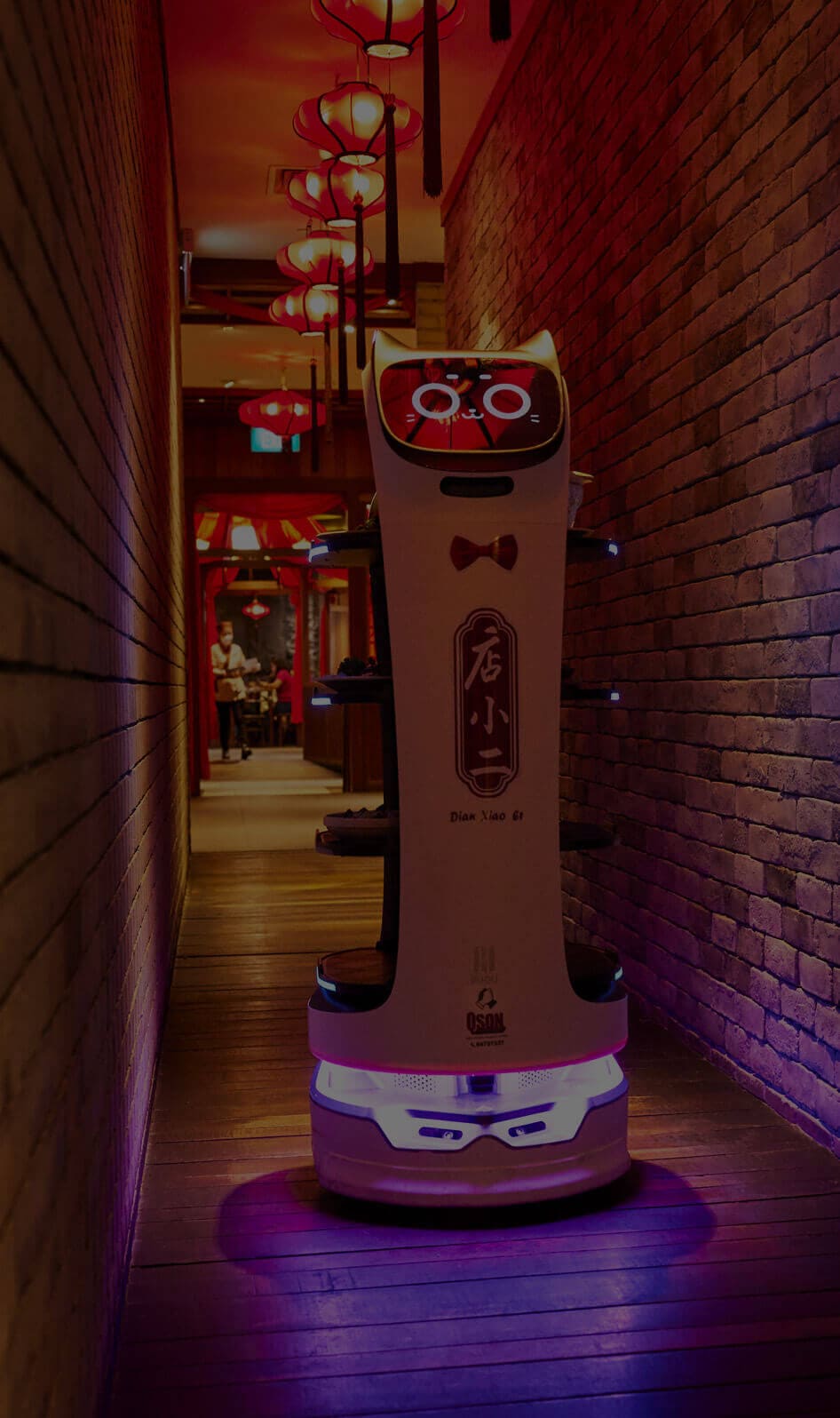

An additional
S$200 million
will be set aside to build the digital capabilities of Singapore firms through the expansion of the
Advanced Digital Solutions
and Grow Digital schemes.
Take away more opportunities to transform your enterprise in F&B and other industries.
FIND OUT MORE











